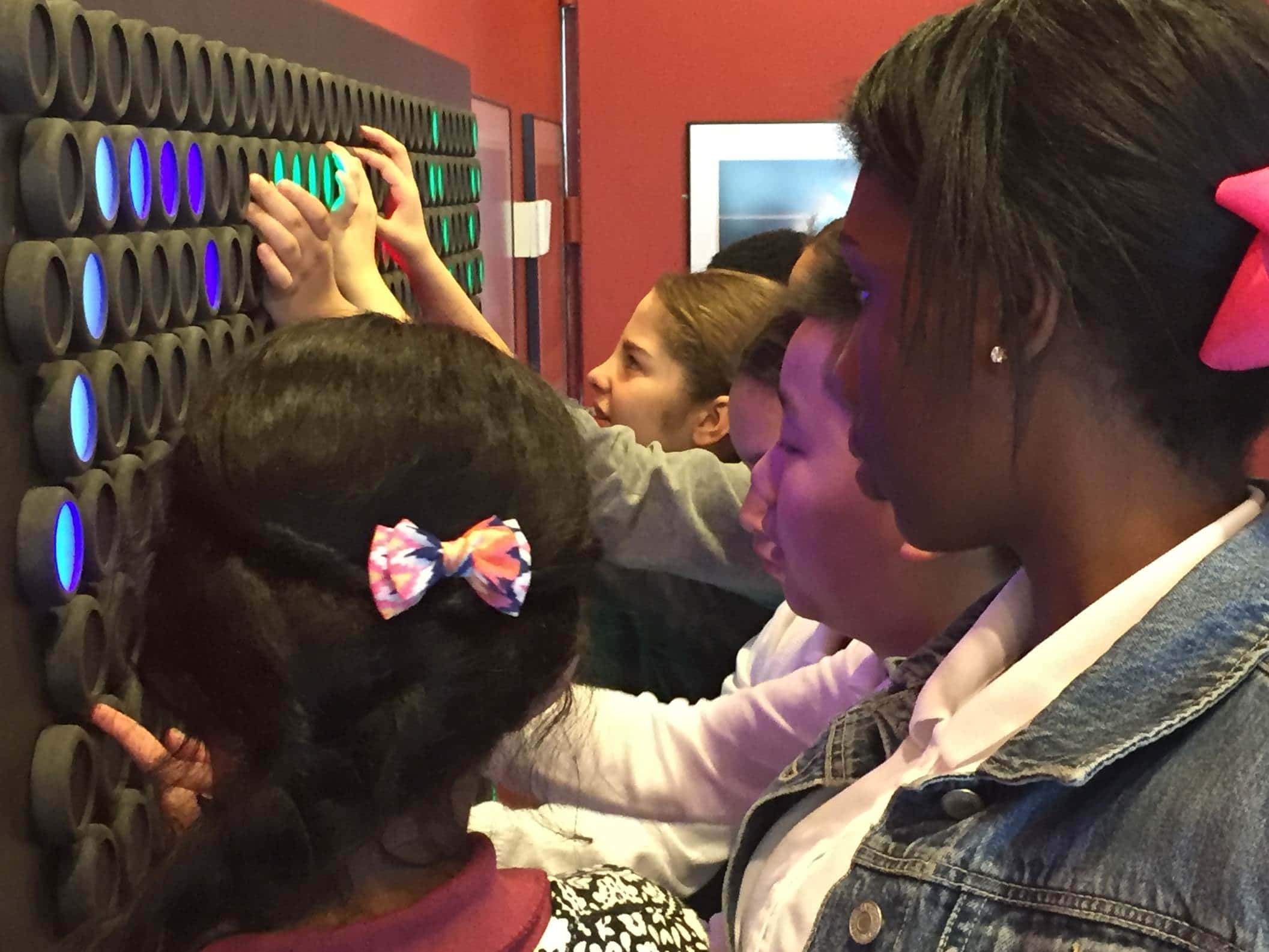
People are more likely to have a novel idea when they are exposed to a novel, sensory experience. Spaces like corporate headquarters, hospitals, and libraries already incorporate sensory elements—such as access to nature, views, color, and daylight, based on scientific research on the benefits of providing basic sensory change and variability. For optimal creativity, consider incorporating a novel, sensory experience that involves the body.
Why are novel sensory experiences effective at producing insights?
Flashes of insight may not happen in cubicles—but they don’t require an indoor rock-climbing wall, either. A novel sensory experience—such as a walk outdoors, a swim, or a road trip— jolts the brain’s neurons and seduces them into adapting to a new pattern, falling into the grooves of a new experience.
As part of the mind focuses on navigating the physical experience, the rest of the mind can engage in a kind of meditative, unfocused thinking that yields unexpected insights. When the activity is physical, it is more likely to induce what Mihaly Csikszentmihalyi called a “one-pointedness of mind,” made possible by the “close match between challenges and skills,” the “clarity of goals,” and the “constant availability of feedback.” [10]
Evaluating a potential novel experience:
As you evaluate the options for a novel, sensory experience to incorporate into your space, avoid these potential pitfalls:
Too much physical or social risk. (i.e., speedways, public dancing.)
Time-intensive. Time is a real constraint—time to set up the project, time to clean up the project afterwards, and time to develop a set of constraints that enable anyone to create something beautiful. Permanent installations should remove “time” as a constraint for creativity.
Excludes people of different abilities and ages. The sensory experience needs to be inclusive for all individuals. Also be mindful that one person’s novel, sensory experience doesn’t become another’s off-putting distraction.
Binary, easy-to-master games and other rule-based activities. The principle of adaptation dictates that when an activity’s rules are easily mastered, people get used to it. We become restless and look to the next new thing to satisfy our need to overcome a challenge.
